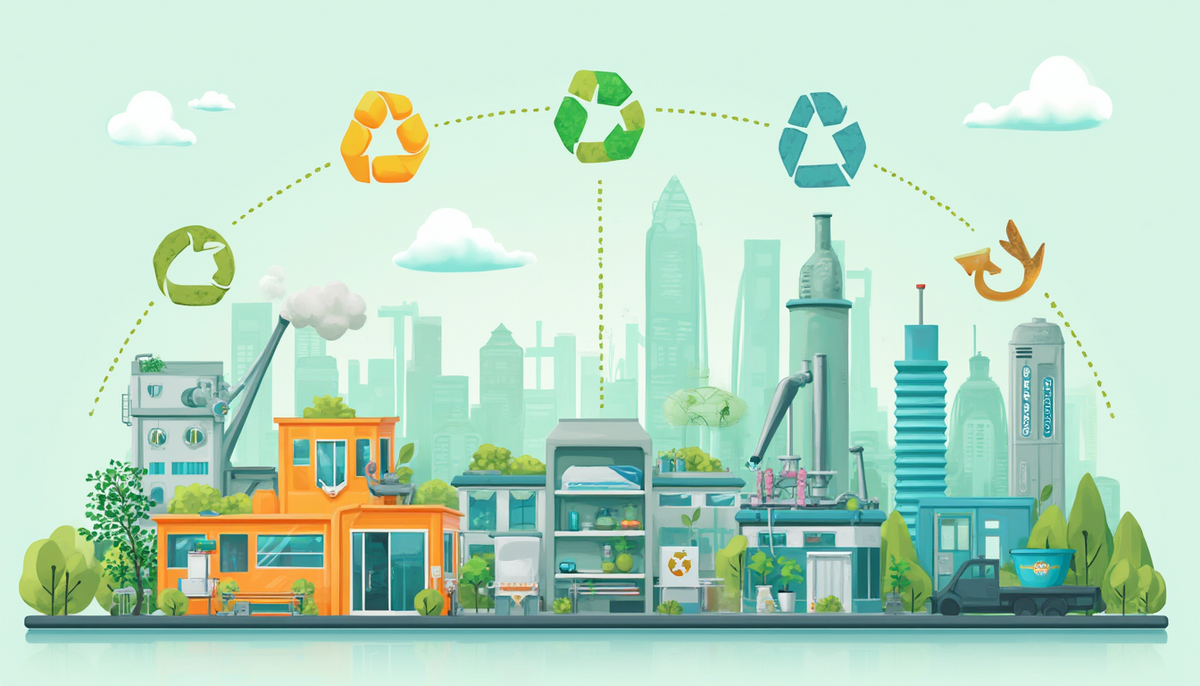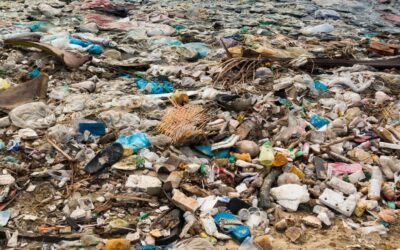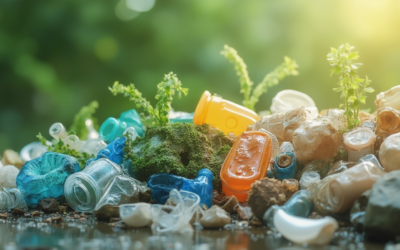Explore how countries worldwide are embracing the principles of circular economy to tackle the challenge of plastic pollution. This post delves into the innovative strategies being implemented globally to reduce waste and enhance sustainability.
Key Takeaways
- Circular Economy: A vital strategy in combating global plastic waste.
- Successful initiatives in Rwanda and Costa Rica show significant environmental progress.
- Technological innovations in recycling are paving the way for sustainable practices.
- Global cooperation is essential for effective plastic waste management.
- Educational campaigns and community involvement are crucial in promoting recycling habits.
Table of Contents
- Global Plastic Pollution Crisis
- Spotlight on National Strategies
- Technological Innovations and Recycling Breakthroughs
- Challenges and Future Directions
Global Plastic Pollution Crisis
The ubiquitous presence of plastic waste poses severe environmental threats, from oceanic islands of debris to polluted urban landscapes. Countries worldwide are turning to circular economy models as a solution to this ever-growing issue.

The Circular Economy Model
A circular economy emphasizes reusing resources to create a closed-loop system, minimizing waste and maximizing material usage. This approach is integral in combatting plastic pollution effectively and sustainably.
Spotlight on National Strategies
Several countries have implemented groundbreaking policies and programs to mitigate plastic waste and promote environmental sustainability.

Rwanda’s Ban on Plastics
Rwanda is a notable leader in implementing strict bans on plastic bags and other single-use plastics, drastically reducing pollution and enhancing urban cleanliness.
Technological Advances in Germany
Germany has invested heavily in sustainable product designs and advanced recycling technologies, setting a precedent for other nations to follow.
Technological Innovations and Recycling Breakthroughs
Technological advancements are revolutionizing the way we manage plastic waste. Innovative recycling technologies are being developed to increase the efficiency and effectiveness of waste processing.

Advancements in Recycling Machinery
New machinery and processes have enabled better separation and recycling rates, turning what once was waste into valuable resources.
Challenges and Future Directions
Despite significant progress, the journey towards a fully circular economy faces several challenges. Economic, infrastructural, and regulatory hurdles must be addressed to further reduce the global plastic footprint.
Economic Implications
The transition to a circular economy requires substantial investment. Balancing economic and environmental interests is crucial for sustainable development.
Conclusion
Embracing the circular economy model offers a promising path towards reducing plastic pollution and fostering a sustainable future. Cooperation, innovation, and education are key drivers of success in this endeavor.
To learn more about sustainable practices and how you can contribute, visit our The Environmental Impact of Plastic Waste and Sustainable Alternatives or check out our Knowledge Hub.
Join Bhumi in our mission to drive global change. Explore how you can get involved or support us through a donation.




